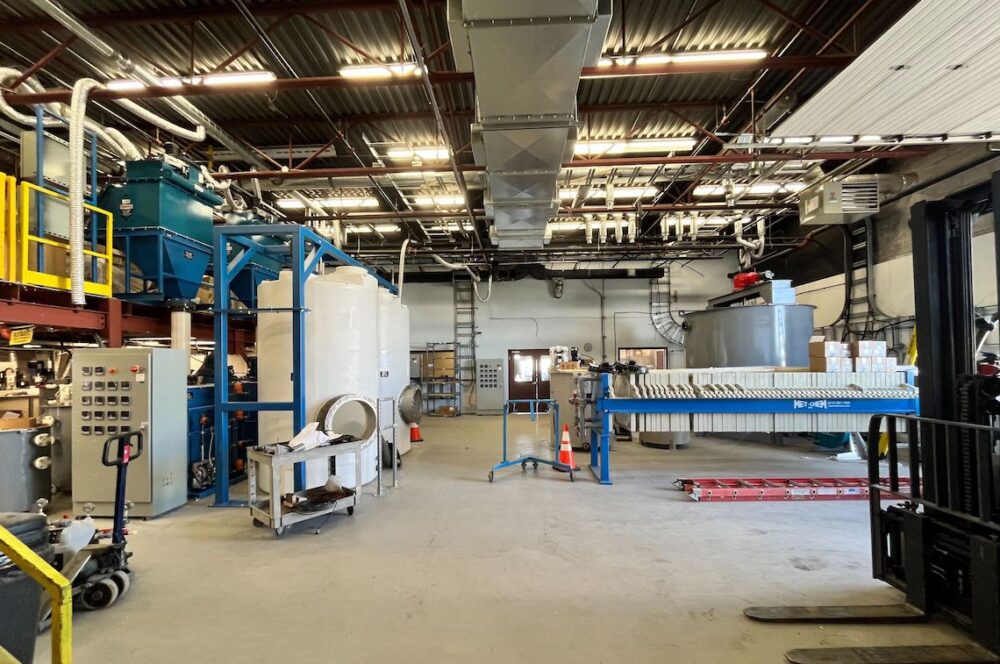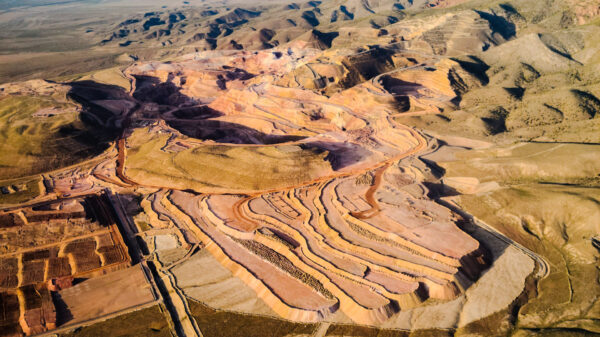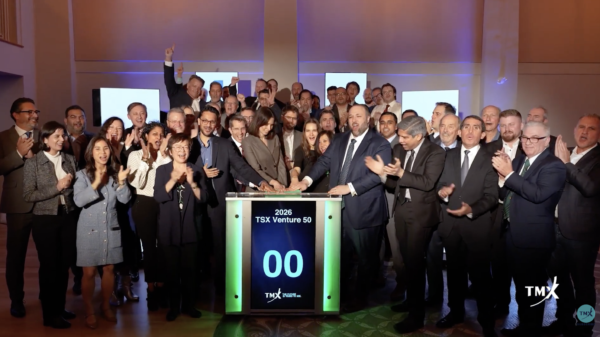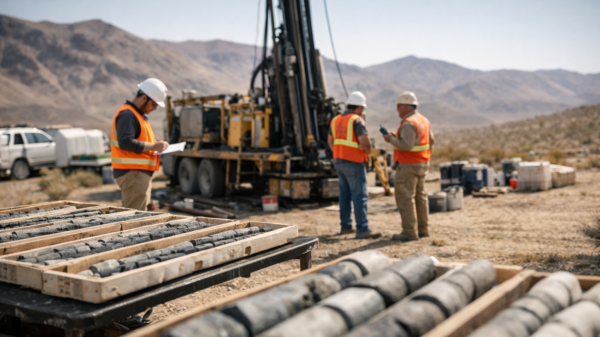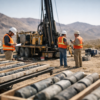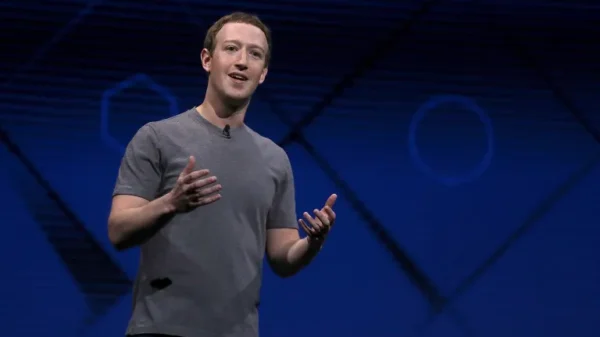A Canadian startup with backing from Amazon (NASDAQ: AMZN) and Microsoft Corp (NASDAQ: MSFT) is investing CAD$25 million into a rare-earths recycling plant and research centre in Kingston, Ontario.
According to a Wednesday press release, the Kingston Centre of Excellence will hold the company’s first commercial processing unit, using the company’s REEPure technology.
Cyclic Materials has developed a technology that can recover rare earth elements from retired wind turbines and data-centre hard drives. The company opened a demonstration facility using this prorcess to extract rare earth magnets. Furthermore, by 2024, the company had opened a second in Kingston to produce Mixed Rare Earth Oxide (MREO).
Last year, the federal government awarded Cyclic Materials CAD$4.9 million to build a demonstration facility in Kingston. That project is now complete.
The facility will begin operations in the first quarter of 2026. It is designed to process 500 tonnes of magnet-rich feedstock annually. Additionally, it will convert this material into recycled mixed rare earth oxides (rMREO).
These recycled oxides include key elements such as neodymium, praseodymium, terbium, and dysprosium. These components are essential for manufacturing permanent magnets.
Also, permanent magnets play a critical role in electric vehicle motors, wind turbines, and consumer electronics. Cyclic Materials aims to help reduce reliance on mined rare earths by recovering them from end-of-life products.
“With this Centre of Excellence, we’re advancing our core mission: to secure the most critical elements of the energy transition through circular innovation,” said Ahmad Ghahreman, chief executive.
“Kingston is where Cyclic began—and now it’s where we’re anchoring our commercial future.”
Read more: NevGold closes its Nutmeg Mountain acquisition with Goldmining for $3 million
Read more: NevGold’s long intervals of antimony & gold mineralization turn heads
China has previous restricted exports
Cyclic is also expanding internationally. The company is building a recycling plant in Mesa, Arizona, scheduled to open in early 2026.
Global demand for rare earths continues to rise, driven by the growth of clean energy and digital technologies. Furthermore, China’s dominance in the rare earth supply chain gives it significant geopolitical leverage.
China has previously restricted exports in response to disputes, including tariffs imposed by the United States.
Also, while President Donald Trump announced a rare earth supply deal with Beijing on Wednesday, the push for secure, independent sources remains strong.
Also, the US Federal Permitting Council has accepted a few critical minerals projects into its FAST 41 program. These Fast Track reviews speed environmental permitting for priority infrastructure. Furthermore, the council continues evaluating other company applications.
Additionally, companies like NevGold Corp (CVE: NAU) (OTCMKTS: NAUFF) (FRA: 5E50) could be under consideration. NevGold offers gold antimony prospects in Nevada at its Limousine Butte project. Its recent drilling has revealed meaningful antimony grades—up to 10 percent in rock samples. That dual-focus on gold and antimony fits FAST’s aim to bolster U.S. critical mineral supply chains.
Also, as more firms submit applications, the FAST program may soon include diverse critical-minerals projects beyond traditional rare-earth facilities.
.
NevGold Corp is a sponsor of Mugglehead news coverage
.

